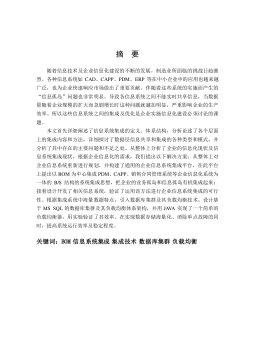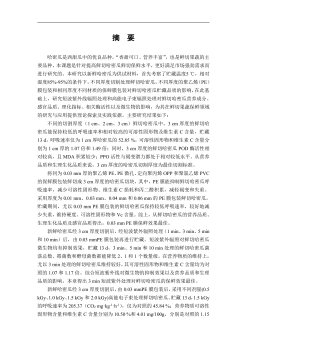关于英语专业二年级学生写作过程中的读者意识研究
摘要目前,愈来愈多的国内写作研究者发现,传统课堂写作教学存在着不少弊端。不少写作教师经常抱怨学生的英语作文差,具体表现在内容不详实,推理不深,篇章组织结构不合理,以及语法错误多等方面。而学生也经常在英文写作时抱怨没什么东西可写以及不知道如何表达。究其原因是学生忽视读者、缺乏觅材、取材策略。(邓志勇,2002:408)而目前的国内的外语教学研究中,有关写作方面的著作及论文极少涉及读者意识或涉及不深,英语教师在课堂上也不太注重学生读者意识的培养,同时因为写作环境下读者往往是不确定或隐含的,因此不少学生在写作过程中总是忽视读者因素。本文通过实证来研究英语专业二年级的学生具备读者意识的程度以及将其运用...
相关推荐
-
10KV电网D-SCADA 系统信息采集与故障诊断研究与设计VIP免费
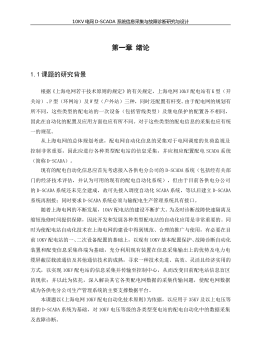
 2024-10-14 24
2024-10-14 24 -
方形吸顶散流器平送风等温射流特性研究VIP免费
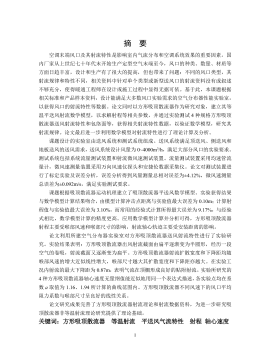
 2025-01-09 7
2025-01-09 7 -
关于充液声导波传感器中频散兰姆波的研究VIP免费
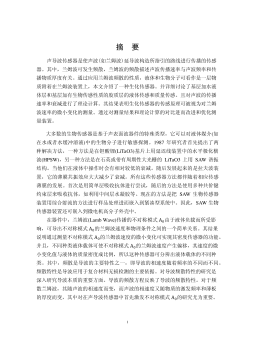
 2025-01-09 10
2025-01-09 10 -
结合梁斜拉桥施工过程中考虑剪力滞影响的分析方法VIP免费

 2025-01-09 6
2025-01-09 6 -
空调房间热舒适性的数值模拟与实验研究VIP免费
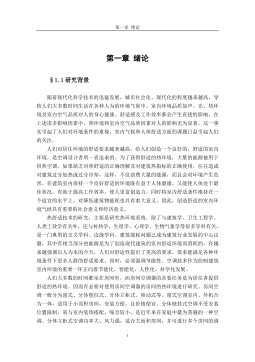
 2025-01-09 7
2025-01-09 7 -
汽车前轮线控转向系统研究VIP免费
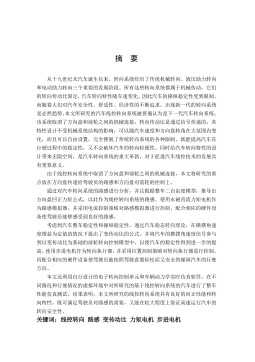
 2025-01-09 8
2025-01-09 8 -
输入分配型混合动力车辆动力系统控制策略研究VIP免费
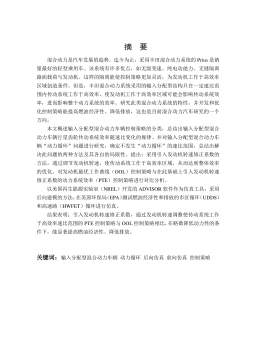
 2025-01-09 7
2025-01-09 7 -
双馈风力发电系统的柔性并网控制研VIP免费
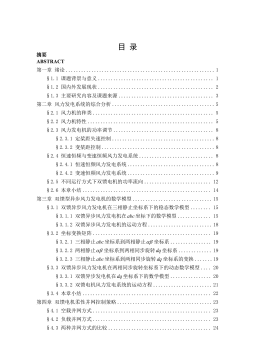
 2025-01-09 9
2025-01-09 9 -
污水处理厂污泥好氧堆肥发酵技术的试验研究VIP免费
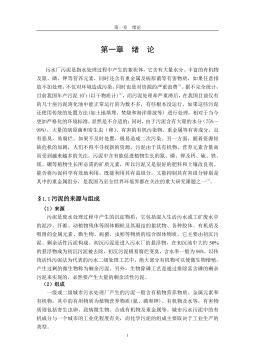
 2025-01-09 7
2025-01-09 7 -
应用风室试验装置的风机性能VIP免费
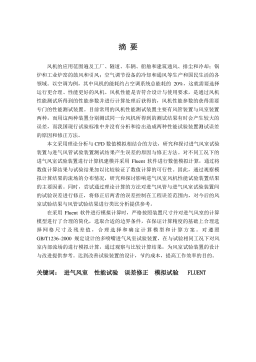
 2025-01-09 8
2025-01-09 8
相关内容
-

汽车前轮线控转向系统研究
分类:高等教育资料
时间:2025-01-09
标签:无
格式:PDF
价格:15 积分
-

输入分配型混合动力车辆动力系统控制策略研究
分类:高等教育资料
时间:2025-01-09
标签:无
格式:PDF
价格:15 积分
-

双馈风力发电系统的柔性并网控制研
分类:高等教育资料
时间:2025-01-09
标签:无
格式:PDF
价格:15 积分
-

污水处理厂污泥好氧堆肥发酵技术的试验研究
分类:高等教育资料
时间:2025-01-09
标签:无
格式:PDF
价格:15 积分
-

应用风室试验装置的风机性能
分类:高等教育资料
时间:2025-01-09
标签:无
格式:PDF
价格:15 积分


